When Is It Good To Be Selfish And Greedy?
People say that to be happy you have to be unselfish.
But are they right?
Because we all know selfish and greedy people, who seem to have it all.
We have all been betrayed by someone who went on to live a seemingly perfect life.
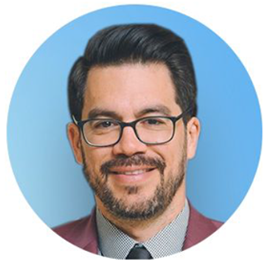
Tai Lopez
Dec 12, 2014
So there has to be something more to this - a more elegant explanation of the conflicts of life.
A root explation of our selfishness... Of our altruism...
About our DNA and "Nature vs. Nurture..."
In today’s Book-Of-The-Day, “The Selfish Gene” by Richard Dawkins, we examine this question of whether we are born greedy and 'evil' or if we only learn it from our environment.
I consider this to be one of the 5 most important books that every human should read.
One million people have read "The Selfish Gene" since Dawkins first wrote it in 1976.
He had a noble goal in writing it.
He explained, “My purpose is to examine the biology of selfishness and altruism. Apart from its academic interest, the human importance of this subject is obvious. It touches every aspect of our social lives, our loving and hating, fighting and cooperating, giving and stealing, our greed and our generosity.”
Dawkins was right. The question of selfishness vs. unselfishness is at the core of every major decision you will ever make.
Who to marry. Who to make friends with. Who to protect. Who to ignore.
Get this question wrong and you will get your life wrong.
Most people approach the question all wrong.
Whether it’s people who believe in religion or atheists, the confusion knows no boundaries between the sacred and the secular.
So what did the scientist Dawkins discover and explain in this book?
1. Although selfishness is our natural inclination, we are not always destined to follow it:
“Our genes may instruct us to be selfish, but we are not necessarily compelled to obey them all our lives. It may just be more difficult to learn altruism than it would be if we were genetically programmed to be altruistic. Let us try to teach generosity and altruism, because we are born selfish. Let us understand what our own selfish genes are up to, because we may then at least have the chance to upset their designs, something that no other species has ever aspired to”
I like that Dawkins recognizes that you and I have the chance for some level of enlightenment, however little it might be. We have some mastery over our genes. We’re not doomed to take advantage of people or to act in a more base manner.
No, you see it all around you.
Altruism.
And not just the kind of natural altruism that we have towards our family, friends, and loved ones (which in a sense isn’t really charity at all because of the possibility that we can be paid back).
You see people giving to people that have no chance to give back to them.
There is still hope.
2. The secret is to become a simulation machine, not just a robotically programmed automaton:
“One of the most interesting methods of predicting the future is simulation. Survival machines that can simulate the future are one jump ahead of survival machines who can only learn on the basis of overt trial and error. The trouble with overt trial is that it takes time and energy. The trouble with overt error is that it is often fatal. Simulation is both safer and faster.”
Because of the IQ in your brain, you have the ability to simulate the future. The reason I’m so big on reading, books, and self-development is not because it’s something I do for sport.
But because every time you learn from the mistakes of others you become a survival machine. You rise above the crowd. You get a little bit closer towards enlightenment (as long as you put what you read in action and not just let it stay as pure, unused book knowledge).
As Warren Buffett says, “Humans only learn from mistakes. But they don't have to be your own.”
Don’t ever listen to someone who says you should primarily learn from your own mistakes. You didn't have to go into outer space to discover that the world is round. You learned it from someone else's trial and error.
You and I will run out of years if we try to simulate the future all on our own. It’s better to follow a well-tread path of mentors and wise people (but don't just be a copycat but innovate above and
beyond).
Like Sir Isaac Newton said, "If I have seen further than others, it is by standing upon the shoulders of giants.”
Now I’ll leave you with this.
You must strike the balance between having selfish goals and unselfish goals.
I've found in my life that if I only have unselfish goals I won’t unlock certain motivations that lie deep within my brain at a primal level. You see, there’s nothing wrong with wanting a fancy car, or a bigger house, or having some material selfish goal that only benefits you.
But you must balance that with unselfish goals.
Because, as Rabbi Hillel said centuries ago, “If I don’t love me, who will? If I only love me, what am I?”
You see, if you don’t have selfish goals, you won’t even take care of yourself. Your apathy will not only harm you, but civilization as a whole. This is the law of Adam Smith.
But if all you do is live for the “selfish gene” then, as Rabbi Hillel said, what kind of human are you really?
You’re missing out on the human experience. To be part of the human social web of life isn't just a luxury, it is life itself.
As the professor Jonathan Haidt told me, "We are hive animals." Like ants and bees we do best with others by our sides.
As John Donne wrote in 1623,
"No man is an island,
Entire of itself,
Every man is a piece of the continent,
A part of the main...
Any man's death diminishes me,
Because I am involved in mankind,
And therefore never send to know for whom the bell tolls;
It tolls for thee."
I can’t tell you what the exact balance between selfish and unselfish goals should be for you. But you can find it. You must.
Start by setting one selfish goal (mine is maybe owning a basketball team one day) and one unselfish goal (mine is taking people from the poorest parts of the world and showing them how to become entrepreneurs)...
What's yours?
Finding it will take a little bit of smarts, a little bit of wisdom, and a little bit of advice from sharp people around you.
But try and the next thing you know you’ll have the best of both worlds - the motivation that your selfishness gives you - combined with the enlightened altruism that not only keeps you part of the human community but makes you healthier and wealthier in the long run.
COMMENTS
Best of Tailopez
-
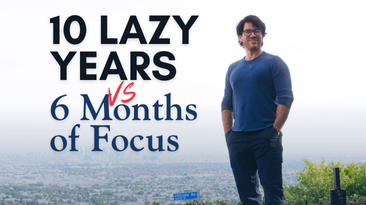 Ten Lazy Years Can Be Erased With Six Focused Months
Ten Lazy Years Can Be Erased With Six Focused Months -
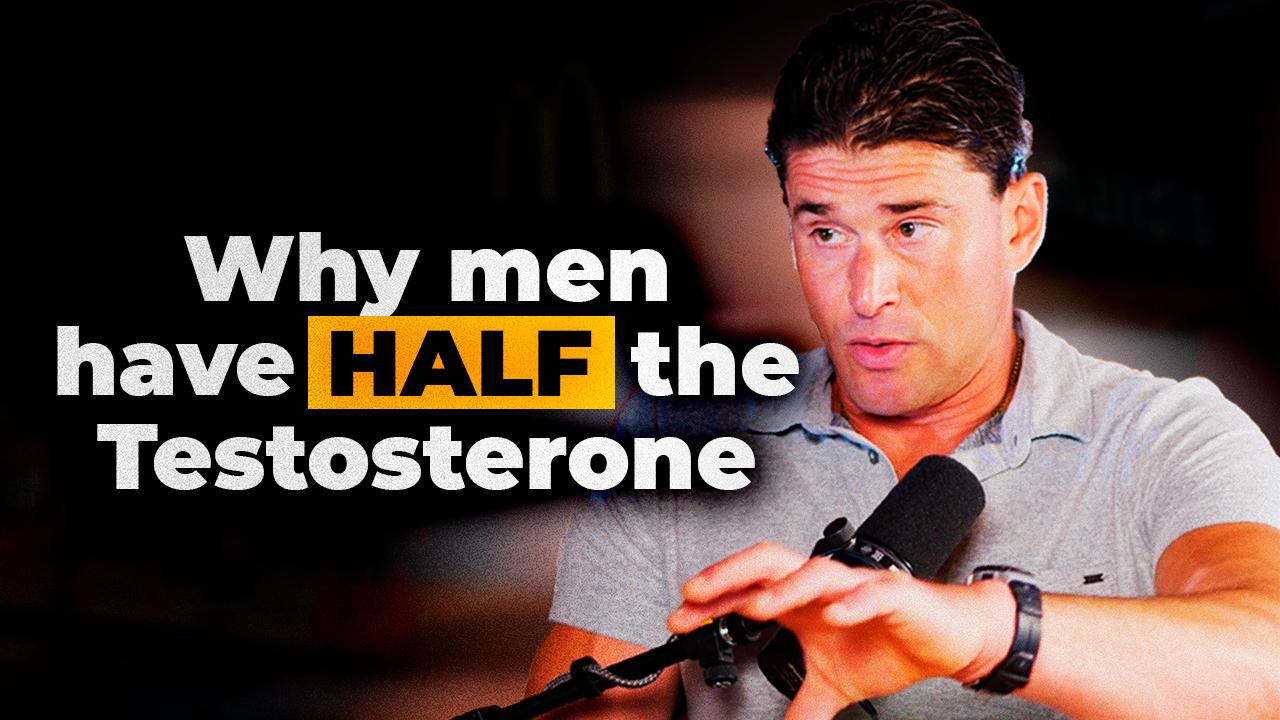 Why Men's Testosterone Is Half Their Grandfather's with Ben Greenfield
Why Men's Testosterone Is Half Their Grandfather's with Ben Greenfield -
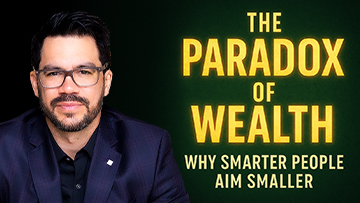 The Paradox of Wealth: Why Smarter People Aim Smaller
The Paradox of Wealth: Why Smarter People Aim Smaller -
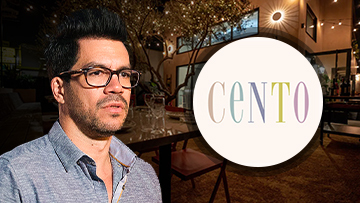 Mamma Mia in West Adams: Tai Lopez Finds LA's Pasta Holy Grail at Cento Pasta Bar
Mamma Mia in West Adams: Tai Lopez Finds LA's Pasta Holy Grail at Cento Pasta Bar -
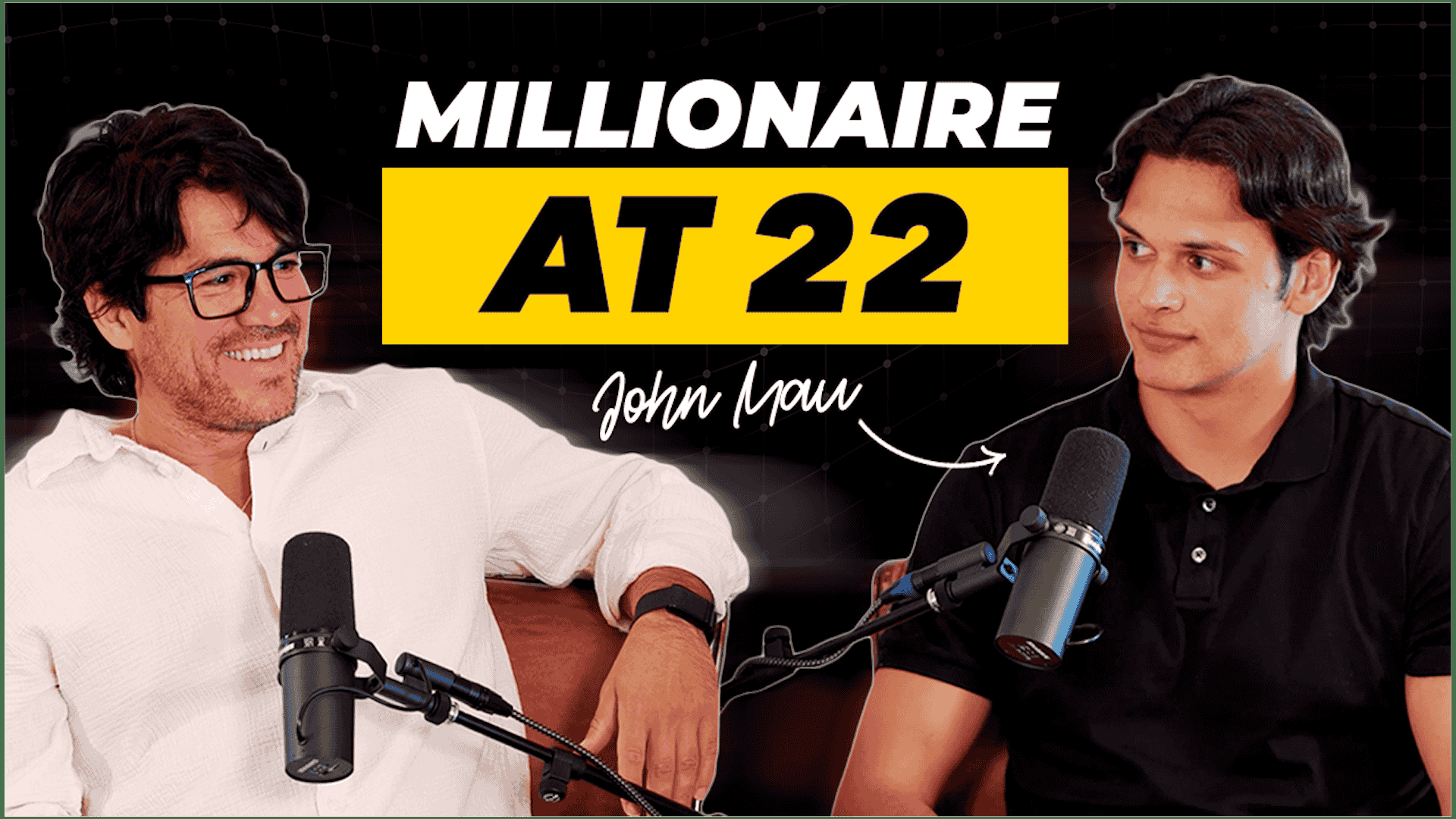 Sales Training, Scaling, and Breaking Objections: Tai Lopez with Johnny Mau
Sales Training, Scaling, and Breaking Objections: Tai Lopez with Johnny Mau

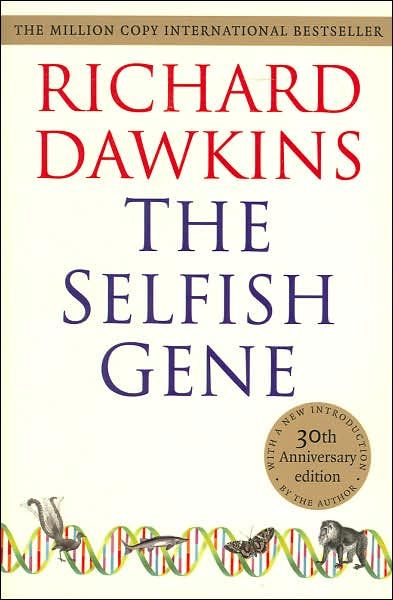
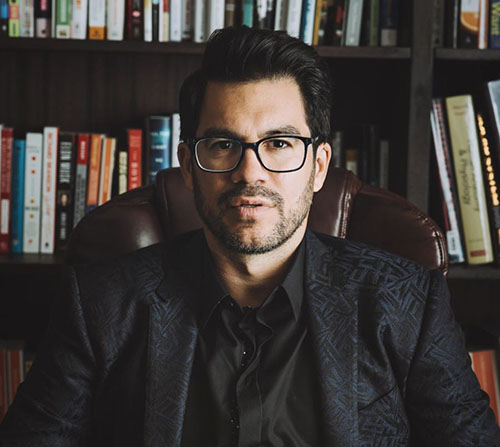
1 Comments